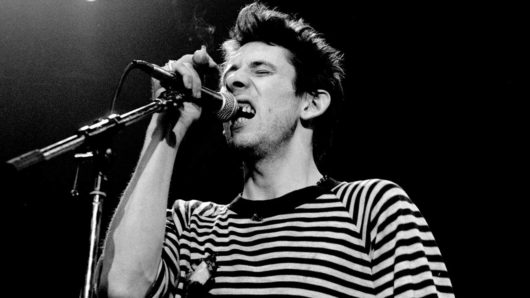In the ever-evolving world of music production, there have been many trailblazers who have left an enduring legacy thanks to their insatiable creativity and ingenious feats of technical prowess behind the mixing desks. From the playful and often trippy experimentalism of George Martin with The Beatles to the groundbreaking ambient soundscapes of Brian Eno, the best music producers have performed wonders by opening up new sonic possibilities and pushing past the technological limitations of their day. Here we take a remarkable sonic voyage through the work of the best music producers of all time, pioneers whose artistic genius continues to resonate with music lovers across the globe…
Listen to our Rock Classics playlist here, and check out the best music producers, below.
10: Stephen Street
Beginning his career as an engineer on reggae recordings, Stephen Street first rose to prominence in the early 80s, honing his studio skills with the legendary Manchester band The Smiths and eventually transitioning into a fully fledged producer on their 1987 album, Strangeways, Here We Come. After The Smiths disbanded, Street’s collaboration with Morrissey continued on the singer’s debut solo album, Viva Hate, and then the producer went on to define the sound of Britpop in the 90s by joining forces with Blur, most notably helming their famous “Life Trilogy” of albums, Modern Life Is Rubbish, Parklife and The Great Escape. Since then, Street has become every indie band’s go-to producer, working with the likes of The Cardigans, Pretenders, Kaiser Chiefs, The Courteeners, Pete Doherty and Idlewild (The Remote Part). His generation’s most era-defining sonic architect, Street has firmly cemented his place as Britrock royalty among the best music producers of all time.
Must hear: The Universal




